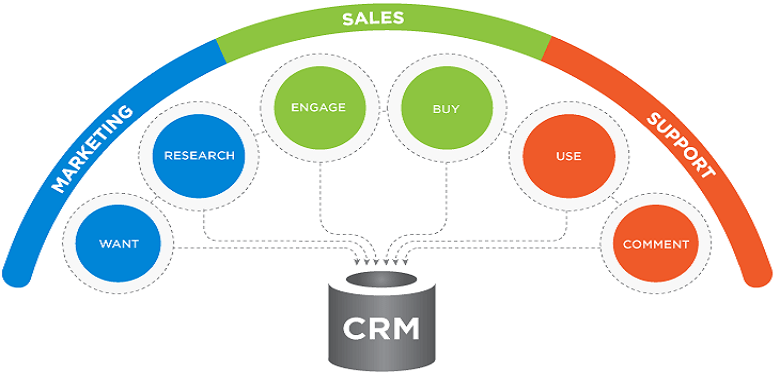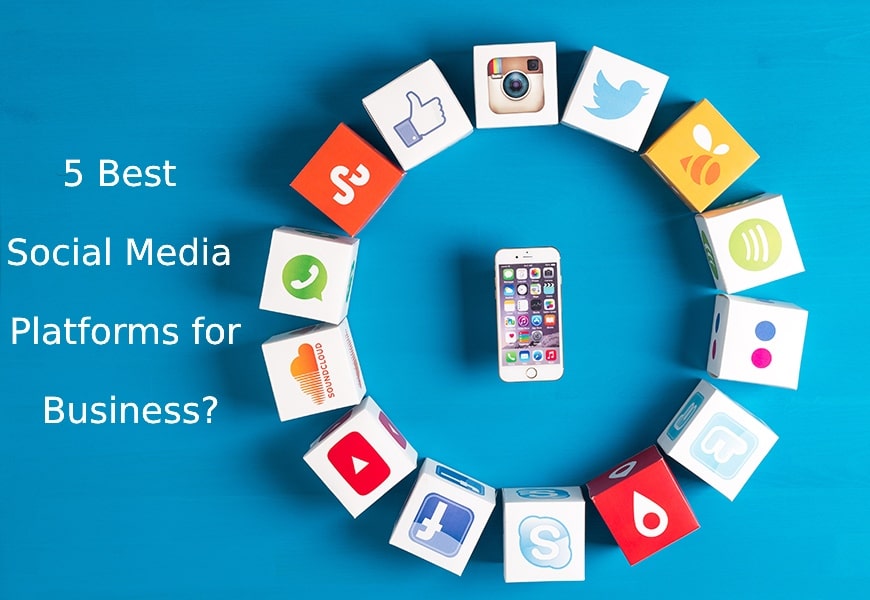In the past few years, the world has undergone substantial upheaval, and most likely so has your business. In particular, communication has experienced major disruptions as a result of salesforces adopting hybrid work patterns and many consumers still limited their in-person interactions.
Since digital communication channels have supplanted analogue ones, there is no going back. CRM (customer relationship management) systems are more important than ever.
It is a marketing software that is quickly expanding, with a market value of $69 billion in 2021 and an estimated growth to $146 billion by 2028. CRM (customer relationship management) software is used to monitor and manage customer connections.
It records correspondence between a business’s prospective customers and current customers. CRM software systems aggregate all relevant customer information, including as contact information, history, and transaction summaries, into a clear live record.
To act as a central hub for salesforce automation, customer relationship management software is most typically used in sales departments (SFA). E-commerce platforms, marketing automation tools, customer service software, and other business tools are commonly linked to an enhanced and well-coordinated customer experience.
Some CRM solutions offer a collection of integrated customer-related services or all-in-one features. Such as marketing automation, email marketing, e-commerce tools, or website management, to reduce the need for additional solutions and better serve small and mid-market firms.
The majority of the attention, however, is given to sales-related activities including contact, account, and pipeline management by standalone CRM solutions.

Why Do You Need A CRM System?
Without a solid CRM strategy, your customer information will be spread out all over the place, making it difficult to track all the interactions and points of contact you’ve had with particular clients. The sales cycle is lengthened as a result, and the client experience suffers.
By establishing personal relationships with consumers, you may learn about their needs and requirements. And provide them with specific services thanks to a good CRM software for your business.
How Does A CRM System Works?
It’s a platform that connects every department in your company, including marketing, sales, and customer support, and gathers all of their notes, tasks, and data into one unified framework. Each user can easily and quickly get the most recent client information they need.
Companies may provide their customers with something extraordinary: tailored, one-to-one customer journeys. This also enables unequaled collaboration between teams and departments. When compared to the limited capability of antiquated analogue and legacy technologies. You have something that has the potential to change the way you communicate with clients.
When defining CRM software, SaaS and cloud computing are essential since they enable CRM platforms to be accessed everywhere a user has internet connection. Due to these technologies, any organization, regardless of size, may benefit from a CRM software-based system. They make it possible for cloud-based CRM software to expand and scale with your business.
39% of businesses with integrated CRM solutions see their data as a strategic asset or competitive advantage. Using a CRM system typically results in a significant increase in leads, sales income, and customer retention.
Advantages Of CRM Software in Marketing:
Since CRM offers powerful information, personalized alternatives, and testing chances that ultimately increase sales. The output result is frequently changed. It is simpler to engage customers, close more sales, build trustworthy relationships with them, encourage customer loyalty, and ultimately increase income and profitability with CRM software.
A research claims that using a CRM system has significantly increased productivity for 60% of business owners.
Provides Insights:
When data is gathered in a CRM. It is possible to analyse trends and find insights that increase profitability. For instance, a business can identify the characteristics that its ideal clientele with the highest lifetime value have in common.
As a result, you can use your advertising budget more wisely and keep leads that are presumably not interested in your products or services out of your advertising budget.
Your revenue may increase as a result of your data insights. For instance, if you identify common purchasing combinations, you might create packages or bundles to increase sales. You may find out from your analytics when customers are most likely to make another buy. You can plan follow-ups and offers around the anticipated repurchase.
Aims For Personalization:
You can send the correct message to the right person at the right time with the help of CRM. When your CRM is coupled with a sales and marketing automation platform. You may send emails and SMS to customers based on their most recent actions.
Using emails that dynamically ingest data from your CRM, marketing automation allows you to increase the customization of your messages. Additionally, certain actions like signing up for a consultation automatically trigger emails.
Testing Is Crucial:
Testing is the key to improving your marketing. You can test nearly anything you can imagine with the help of a robust marketing CRM, including different promotions, SMS messages, adverts, the frequency of calls to prospects, etc. Instead of depending entirely on intuition, data from testing reveals. Which option is most successful in producing the maximum amount of revenue.
Conclusion:
Every firm is using distinctive and simple methods to update its standing by improving production targets in the world of constant growth and modernization. Therefore, adding a CRM to your workspace will increase the productivity of your job and the audience for whom it is intended. This blog provides you with a thorough understanding of CRM software. Discover more about CRM, then implement it in your company for successful outcomes.





